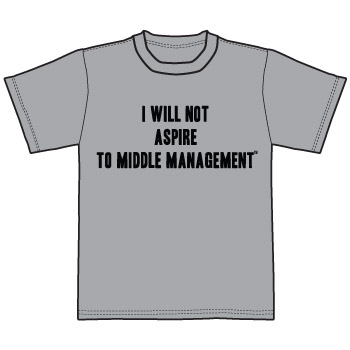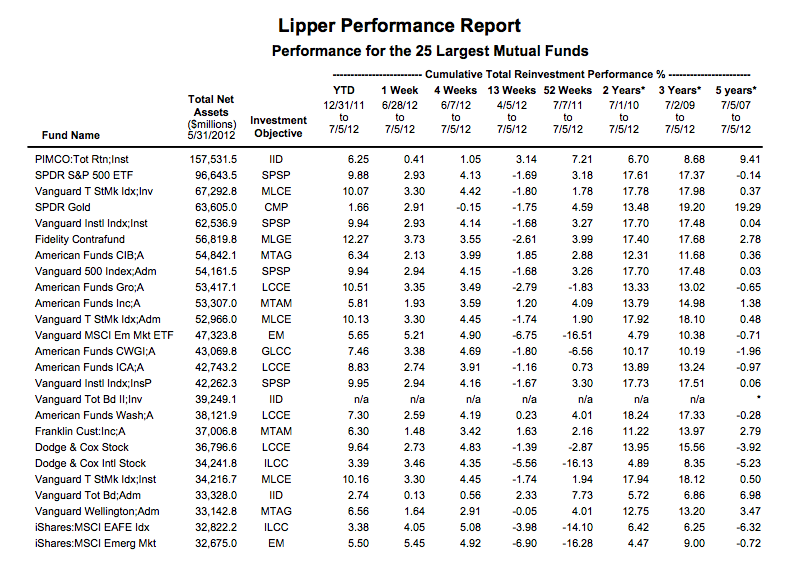Congratulations to the San Francisco Giants, world champions for the 2nd time in 3 years. However, this year’s title comes with an asterisk. The Giants won 94 games during the regular season. Breaking it down by pitchers:
- 46 of those wins came from guys originally signed by the Giants (Matt Cain, Madison Bumgarner, Tim Lincecum, Sergio Romo.)
- 24 came from free agents (Barry Zito, Santiago Casilla, Jeremy Affeldt, Shane Loux).
- 18 from guys who started with the Giants, went to other teams, and eventually returned to San Francisco after being released elsewhere (Ryan Vogelsong, Clay Hensley)
- 5 from pitchers the Giants traded for (Javier Lopez, George Kontos)
- and 1 from a guy claimed off waivers (Jose Mijares).
So really, the Giants earned only 46 wins of those wins via their drafting and scouting prowess, 64 if you count the guys who left and came back. Either way, those are hardly playoff-caliber numbers.
What kind of an imbecile are you? Who gives a flying one how the Giants acquired the pitchers, as long as they won those games while wearing Giant uniforms? God, this site is awful. And it used to be good, too.
So you’re saying wins commingle.
Of course.
Money does too, but fewer people seem to grasp that.
One of the dumbest things you can do, not that it stops most people, is mentally segregate funds by their origin. Money from the stuff I sell on eBay goes toward paying down my credit card balances. The Christmas bonus, that always goes toward the kids’ college funds. (See what a responsible parent I am?) The tax refund comes in April or May, depending on when I file: there are no holidays around then, so that’s “fun money”.* And if I win on my first hand of blackjack, then I’m playing on the house’s dime.
Dollars are dollars. It doesn’t matter where they originate from. Understanding this is fundamental to getting out of the wrong mindset, the one that leads to making atrocious decisions.
Let’s assume that you’ve reached the level of awareness where you’re not submerged in credit card debt, but you still think there’s some difference between money you sweated for and money that fell in your lap. This is how the poor and unambitious think.
It’s fine to earmark funds, of course. Doing so is the very purpose of budgeting, and budgeting is the primary way you save for and eventually purchase things that you can’t immediately pay for out of discretionary income. But you earmark money contingent on where it’s going, not where it came from.
Each dollar is an opportunity, or at least that’s how rich and self-determined people seem to think. Every trite rags-to-riches story about the poor European kid coming to America with a $10 bill in one pocket and an onion in the other (to ward off evil spirits, and to eat) has something in common: every stroke of fortune played off the previous ones in the series. Andrew Carnegie spent the first 13 years of his life dirt-poor in Scotland. 5 years later, Carnegie’s mother took out a 2nd mortgage on the family home because his boss at the Pennsylvania Railroad recommended an investment opportunity. Once it paid off Carnegie had a choice, conditional on his mindset about the origins of money:
- Fly to Vegas and rent a penthouse suite at the Palms, or maybe that one suite that has a basketball court. After all, this was found money, beyond what he was earning as a division superintendent.
- Reinvest the proceeds, and/or look for the next investment.
Say Carnegie believed that salaries are for investing, and “found money” is for other outlays. He’d have worked until death, going to church every Sunday, and maybe left a few dollars for his kids. Instead he became not just one of the richest men who ever lived, but one of history’s greatest philanthropists, too. This is at least partially because he understood that if he had to wait for his salary to enable him to make investments, he’d still be waiting. By the way, he’d be 176 years old today.
Less insightful people routinely fall into the trap of believing that money differs depending on where it came from. Don’t be like them. Treat the Christmas bonus for what it is. It isn’t $4000 that fell from the sky. It’s $4000 that your boss held onto all year long, enjoying interest payments on (not to mention the similar interest payments he enjoyed from all your co-workers’ bonuses.) What if you’d received the bonus in 26 equal payments throughout the year, added seamlessly to each of your paychecks, increasing the difference between your revenue and expenses and giving you more to invest with, all the more quickly?
If you’re like most people, you’d complain that your miserly boss didn’t give you a bonus this year.
*You should never get a tax refund. See Chapter IX for the reasons.






